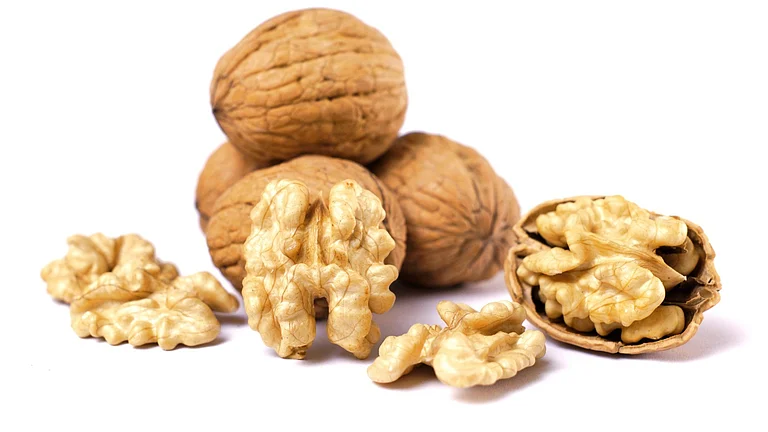Our lungs play a paramount role in keeping us alive. Being the principal organ of the human respiratory system, it incessantly facilitates the process of breathing from the moment we are born. But lately, there has been an exponential surge in number of respiratory infections and chronic pulmonary diseases observed across the globe. Respiratory diseases are rapidly becoming a leading cause of serious ailments and morbidity.
Respiratory disorders share a very intimate connection with an array of lifestyle disorders and environmental hazards. Smoking, passive smoking and increased exposure to contaminated air – all these are the most prominent causes that directly meddle with the functioning ability of the lungs.
Diet plays a key role here. Along with taking the prescribed measures and precautions against respiratory hazards intake of a proper and balanced nutrition can help. It can alleviate the adverse effects of respiratory diseases by making breathing easier.
For a patient suffering from Chronic Obstructive Pulmonary Disease (COPD), a diet that is low in simple carbohydrates and high in healthy fats is often prescribed in order to check the distressed breathing of patients by cutting down the amount of carbon dioxide (CO2) production. A very basic biochemistry of metabolism can explain this. Carbohydrate metabolism generates greater amount of carbon dioxide than fat. This diet also caters for the weight loss issues which, is very frequently observed amongst the COPD patients.
Chronic Obstructive Pulmonary Disorder- General Diet
Chronic Obstructive Pulmonary Disease, commonly known as COPD, is caused primarily by air pollution, smoking and long term exposure to hazardous gases and particulate matter causes chronic inflammation in the lungs which in turn jeopardises airflow.
A diet for COPD patients
What to take
- Complex Carbohydrates
Complex carbohydrates include whole grain bread, pasta, fresh fruits and vegetables.
- Fiber
Consumption of 20-30 grams of fiber is very instrumental in battling COPD. Some of the good sources of fiber include Nuts, seeds, fruits, berries and broccoli.
- Proteins
Proteins play a very important role in keeping the heart muscles strong.
Milk, eggs, meat, fish, cheese, poultry - all these are considered as excellent sources of dietary protein.
- Mono and Poly Unsaturated Fats
Sticking to fats devoid of cholesterol is imperative. Canola, Safflower and Corn oils are great sources of cholesterol free healthy fats.
- Vitamins and Minerals
Adding vitamins and minerals such as Vitamin D and Calcium (with doctor’s approval) has its own benefits. The steroid based medicines used for treating COPD often lead to depletion of calcium level in body. Calcium carbonate and Calcium Citrate are very efficient sources to replenish the dearth of calcium.
- Fluids
Keeping the body hydrated at regular intervals has its own boons. 6-8 glasses of water (8 fluid ounces capacity each) is sufficient.
What not to take
- Food containing Trans and Unsaturated fats
Butter, hydrogenated vegetable oils, fried food, confectioneries- uncontrolled consumption of all these can pose serious threats to COPD patients
- Simple Carbohydrates
Refined sugar, candy, cakes, soft drinks- all these are the sources of simple carbohydrates which intensifies COPD symptoms.
Apart from being meticulous about the diet and nutrition, a few other steps like having less water while having meals and avoiding any food that may result in gas/bloating, which makes breathing difficult, and taking rest before eating,
Proper medical attention and maintaining a general or disease specific prescribed diet can effectively cure or contain most respiratory ailments. But there are other factors that contribute to this sudden upsurge of pulmonary disorders, and hygiene inarguably is the most important amongst them. Maintaining hygiene is a way of living. It’s a practice that invariably needs to be practiced by everyone. Practising hand hygiene or the habit of washing hands frequently is known to prevent the transmission of multiple respiratory diseases such as influenza and acute respiratory tract infection. Also, using of handkerchiefs while coughing or sneezing or coughing on our elbows is very effective in preventing respiratory health hazards transmitted via the exhaled pathogen containing droplets.
Nevertheless, COVID-19 has forced us to practice hygiene. Facial masks have become necessary accessories, and frequent hand sanitisation/washing a household practice.



























